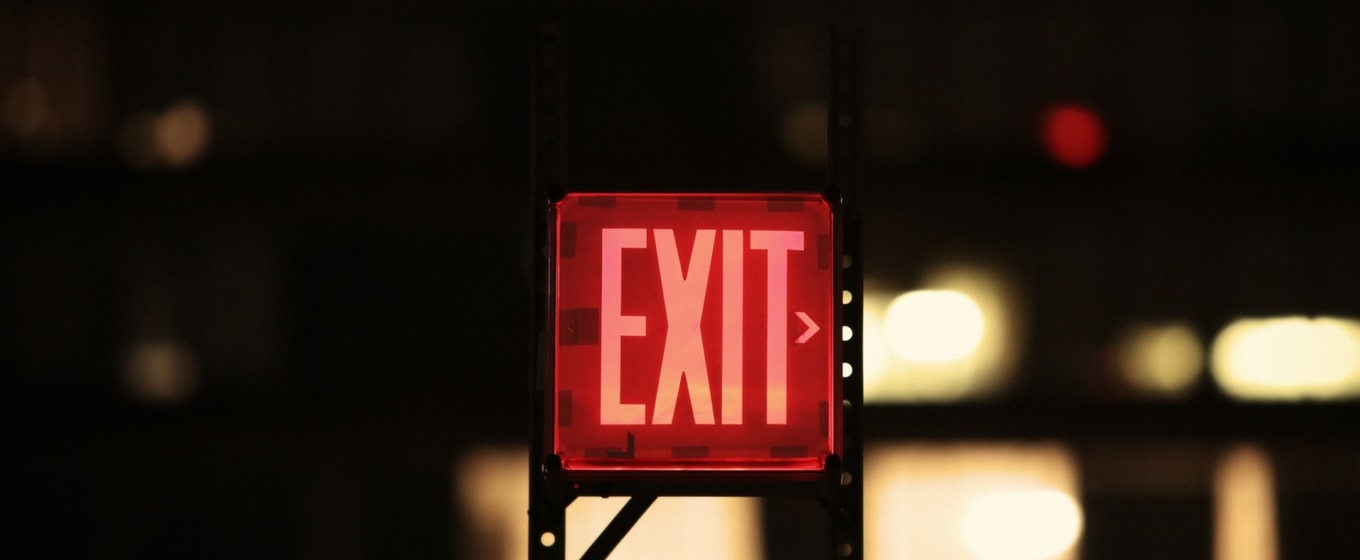Debt can often seem like a mountain that's impossible to conquer, but the court system is well aware of this fact. This is why they provide options to assist in the consolidation of debt and the repayment of creditors. The Money Advice Service is a good source of free advice in seeking help with your debt.
Administration order
Do you have a County Court Judgment (CCJ) or High Court Judgment (HCJ) against your name and are you unable to pay? An Administration Order can help. They seek to consolidate your debt into one monthly payment, which is paid to the court and divided between your creditors.
The creditors you list on the order can't seek any other action from you whilst the order is in place. You, therefore, get a period of respite in order to get your finances in order.
Eligibility, responsibility and application
In order to be eligible for an Administration Order you must...
1. Owe no more than £5,000 (including interest and charges), and
2. Owe money to at least 2 creditors, and
3. Be able to afford monthly repayments, and
4. Have a CCJ or HCJ you that you can't repay in full.
If you're eligible for an administration order you can apply for one using Form N92. This should be filed at your local court. As with any application there are fees attached, but they're capped at 10% of the monies owed and will incur every month as the court administers the order.
Once in receipt of your application the court will decide:
- How much you're required to pay - this can be all or part of it.
- Your monthly repayment sum.
- The length of the order.
Once the order is in place you are responsible for ensuring you make the monthly repayments. If you don’t the court can seek an 'attachment to earnings order' to receive funds straight from your employer. This would mean that each month the court would assess your income after tax and national insurance, and ring-fence a sum to be paid to them.
This sum is only taken if your wages provide enough for you to live on. Alternatively, the court has the power to cancel the order, in which case you'll lose the safety net and your creditors can resume collections activity.
The order will remain on your public record for 6 years, even if you've completed your repayments, but it'll be marked as satisfied. You can request proof that you've satisfied the order from the court. Send it in writing with a cheque for £15 made payable to HMCTS. The court will provide you with a Certificate of Satisfaction - sufficient evidence that you've satisfied your obligations.
Debt relief orders
Do you owe less than £20,000, have little spare income and don't own a home? If the answer is yes, you can utilize a Debt Relief Order (DRO). Your creditors will have to seek court permission to action collections against you and the debts are discharged, and the slate wiped clean usually after a year of the order being made.
To be eligible for a DRO you must fulfil the following:
- You owe less than £20,000.
- After paying all of your bills, tax and national insurance commitments you're left with £50 or less in the bank.
- You’ve lived or worked in England or Wales in the last 3 years.
- Your assets aren’t worth more than £1,000 in total.
- You haven't had a DRO in the last 6 years.
If you meet the criteria, you'll be eligible to apply for an order. However, when the order is granted you'll have to meet certain expectations, you'll still have to pay your rent, bills, and other key expenses, and you'll need to commit to certain restrictions on your activity. These include, but not limited to, being a company director, borrowing more than £500 without informing the lender of the order, and managing a company without telling the court. Therefore, it's vital to get advice before entering an DRO.
You need to use the Official Receiver’s Office to secure a DRO, and your application must be made via an authorized debt advisor. They advise on the application process, as well as your eligibility and responsibility.
Be warned: if a new debt is established after the DRO is approved, you could face an order for bankruptcy or prosecution for failing to tell a new creditor about the DRO.
Concluding the DRO
A DRO can end due to numerous circumstances, and they're normally only in place for a year. The most common reasons for ending include improvements in your situation or non-cooperation with the official receiver.
Your DRO will be added to the Individual Insolvency Register, and removed 3 months after the order concludes. However, it'll stay on credit records for 6 years.
Our final word of advice is: before you apply for debt relief of any form, always best to seek advice.
For more advice on personal debt, give our articles on managing debt a read. Also, gov.uk and the Money Advice Centre are great sources of information.






These cookies are set by a range of social media services that we have added to the site to enable you to share our content with your friends and networks. They are capable of tracking your browser across other sites and building up a profile of your interests. This may impact the content and messages you see on other websites you visit.
If you do not allow these cookies you may not be able to use or see these sharing tools.